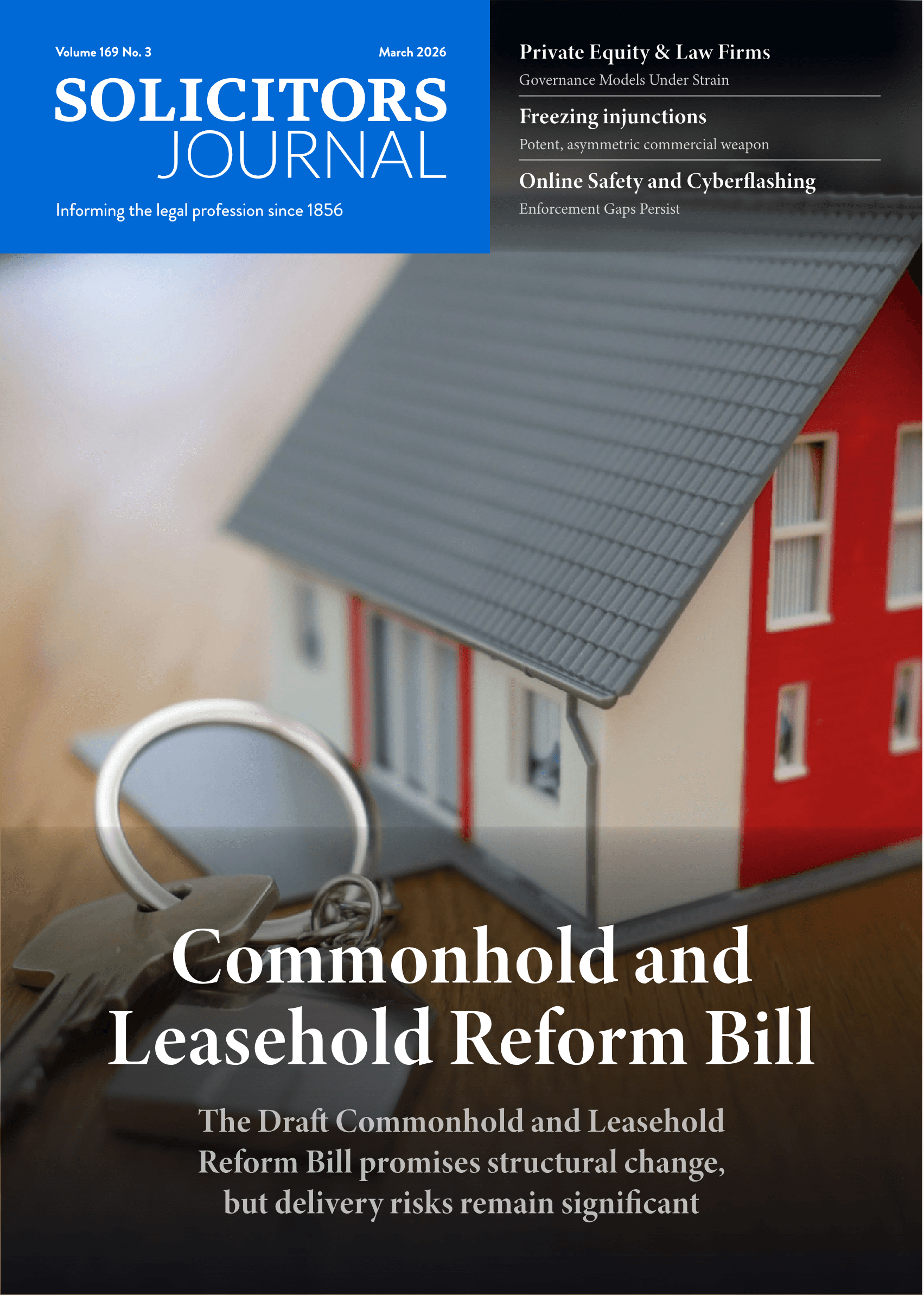Conveyancing Association updates fraud protocols

The Conveyancing Association (CA) has updated its Cyberfraud and Fraud Protocol including feedback from the National Cyber Security Centre (NCSC).
The Conveyancing Association (CA) has updated its Cyberfraud and Fraud Protocol including feedback from the National Cyber Security Centre (NCSC).
The NCSC has used this iteration to further emphasise specific existing threats and prevention measures conveyancing firms can take. The Protocol details an up-to-date list of ‘official’ definitions of each activity outlined in the Protocol.
These activities are: Vishing; Malware; Phishing; Smishing; Outbound/Inbound Cheque Fraud; Card Payment Fraud; Spear Phishing and CEO/Whaling Fraud.
It also covers guidance on client identity; change of bank details; funds recipient identity; caller identity; cyber security; cyber insurance; prevention; actions when funds have been fraudulently redirected. This is the fourth iteration of the Protocol, which was published for the first time in 2016.
CA member firms that have adopted and adhered to the Protocol, along with other secret safeguards, are certified as ‘Cyber Safe’ and also commit to ensuring they are up to date with each new iteration.
The CA urges all its member firms to follow the Protocol and achieve accreditation as soon as possible. It also publishes the Protocol for any conveyancing firm to use as an established standard.
By achieving this, and adopting the Cyber Safe Standard, it believes members can mitigate much of the risk that criminals using unsophisticated techniques present.
Conveyancing Association director of delivery Beth Rudolf said: “Putting in place a high level of anti-fraud measures, being certified under Cyber Essentials and achieving the Cyber Safe standards shows that conveyancing firms not only take the issue incredibly seriously, but demonstrate to customers they have plans in place to protect them, their data and their money.
“While the scheme is only open to members of the CA, we recognise that this is a group effort and, to persuade the cyber criminals that our industry is a no-go area, we need every conveyancer to be operating in a cyber-safe way which is why we publish our protocol on our website for all to use. Fraud experts will address CA members at its Cyber Fraud Committee in the Tower of London on 14 February.
For further information on the CA, the Cyber Safe Scheme and the Cyberfraud and Fraud Protocol visit: www.conveyancingassociation.org.uk
